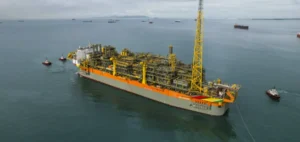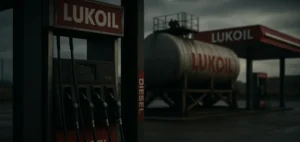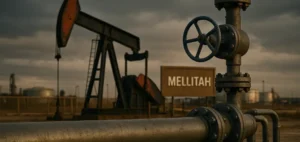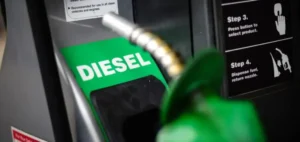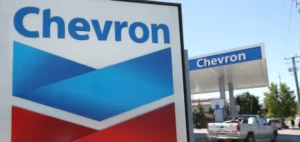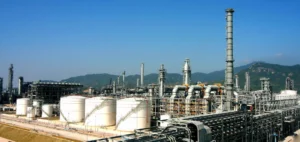Diamondback Energy reported a net income of $699mn in the second quarter of 2025, or $2.38 per diluted share. The independent producer recorded an average oil production of 495,700 barrels per day and a total equivalent production of 919,900 barrels of oil equivalent per day for the period. Operating cash flows reached $1.7bn, while cash capital expenditures amounted to $864mn.
Increase in profitability and cost discipline
The company generated adjusted free cash flow of $1.3bn for the quarter, allocating $691mn to capital returns through dividends and share buybacks, representing 52% of adjusted available cash flow. A dividend of $1.00 per share was declared for the second quarter, with payment scheduled in August. Diamondback Energy repurchased nearly 3.0mn shares at an average price of $133.15, for a total amount of $398mn, in addition to 1.7mn further shares in early July for $238mn.
The company also reduced its debt by buying back $252mn in senior notes at an average price of 76.8% of par, while maintaining a liquidity position of $2.1bn at quarter-end. The board of directors approved a $2.0bn increase in buyback authorisation, raising the ceiling to $8.0bn, with $3.5bn remaining available for future transactions.
Operational optimisation and annual targets revision
Investments during the period enabled Diamondback Energy to drill 122 wells (114 net) and complete 116 (109 net), mainly in the Midland Basin, with an average lateral length above 13,000 feet. For the full year 2025, the company plans to drill between 425 and 450 gross horizontal wells and complete 490 to 515, with a focus on operational efficiency and cost control per well.
Annual oil production guidance has been narrowed to 485,000–492,000 barrels per day, while total production guidance has been raised by 2% to reach 890,000–910,000 barrels of oil equivalent per day. The annual capital expenditure budget has been revised down to $3.4bn–$3.6bn, $500mn lower than the initial forecast, reflecting improved returns on employed capital.
Financial metrics and outlook
Cash operating cost remained stable at $10.10 per barrel of oil equivalent, including $5.26 for operations, $2.56 for taxes, and $1.73 for transportation. Adjusted EBITDA stands at $2.4bn for the quarter, or $5.4bn for the first half of the year.
The unhedged realised price was $63.23 per barrel of oil, $0.88 per thousand cubic feet for natural gas, and $18.13 per barrel for natural gas liquids. Consolidated net debt was $15.1bn as of June 30, while the company retains significant financial capacity to support future buybacks and investments.
Management confirmed that upcoming dividend payments remain subject to board approval, while the expected acquisition of Sitio Royalties Corp. by subsidiary Viper Energy, Inc. could strengthen the group’s position in the US unconventional resources market.




